Everything you need to know about leftover almond pulp (from making homemade almond milk) along with a compilation of sweet & savory recipes for how to use it.
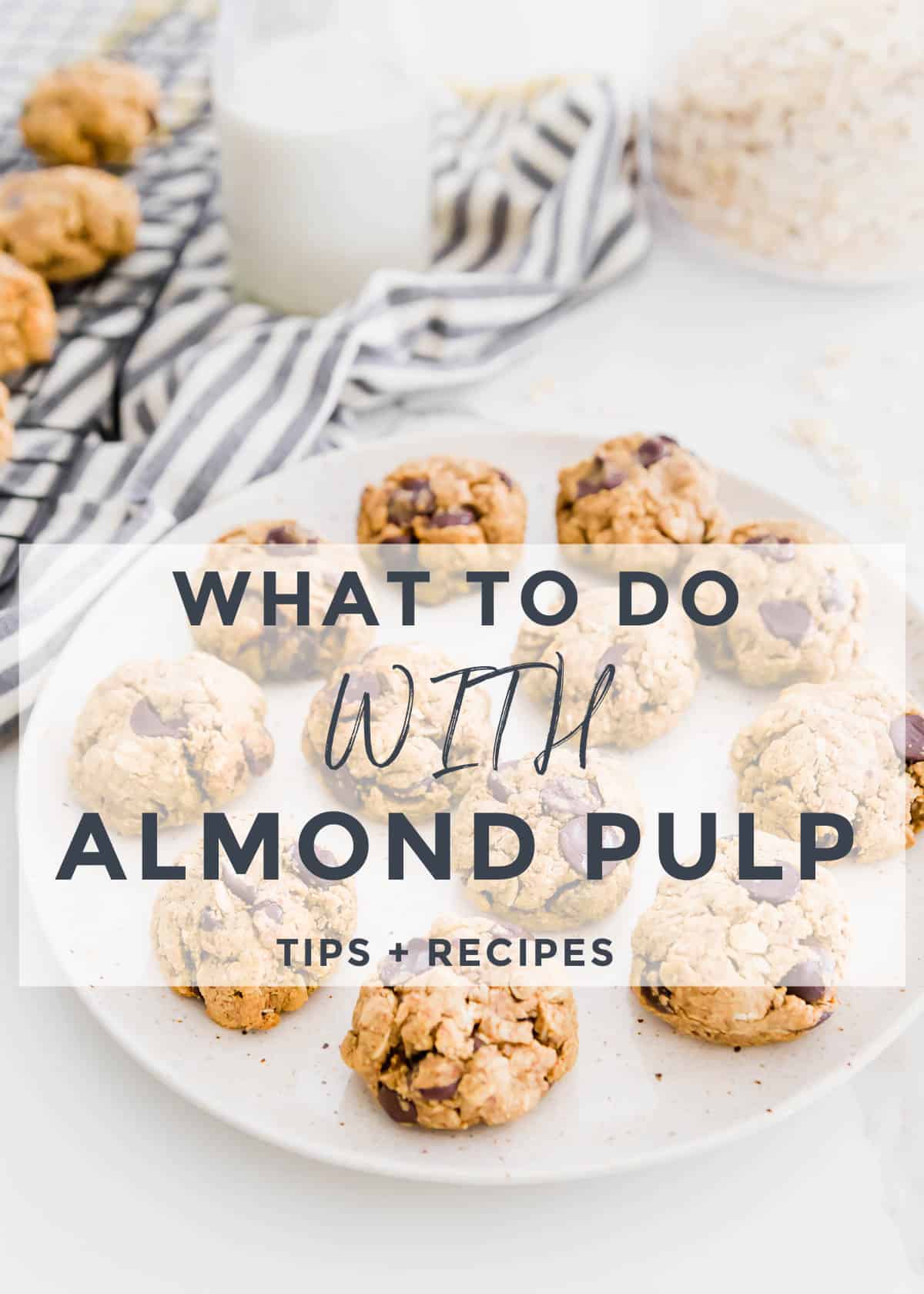
If you’ve ever ventured down the path of making your own nut milk, you’ve therefore been faced with the dilemma of the leftover pulp and what to do with it.
When I first started making my own almond milk, I’ll sheepishly admit, I was just throwing it in the garbage.
It took me a few weeks to wise up, start saving it in an air-tight container in the fridge and making use of the stuff.
And boy, I’m glad I did!
Throwing out almond milk pulp (or any nut milk pulp) is just SO incredibly wasteful!
When you make homemade nut milk, sure some of the nutrients from the nuts get blended into the milk. But, a good portion of them are left behind in the pulp.
Dumping that pulp in the garbage is like waving goodbye to all the healthy fats, fiber and other nutritional benefits when you could be using it…in so many things!
So, that’s exactly what we’re going to talk about today: how to use leftover almond pulp.
I’ve got a compilation of both sweet and savory almond pulp recipes below but first, let’s go over some more details about the stuff.
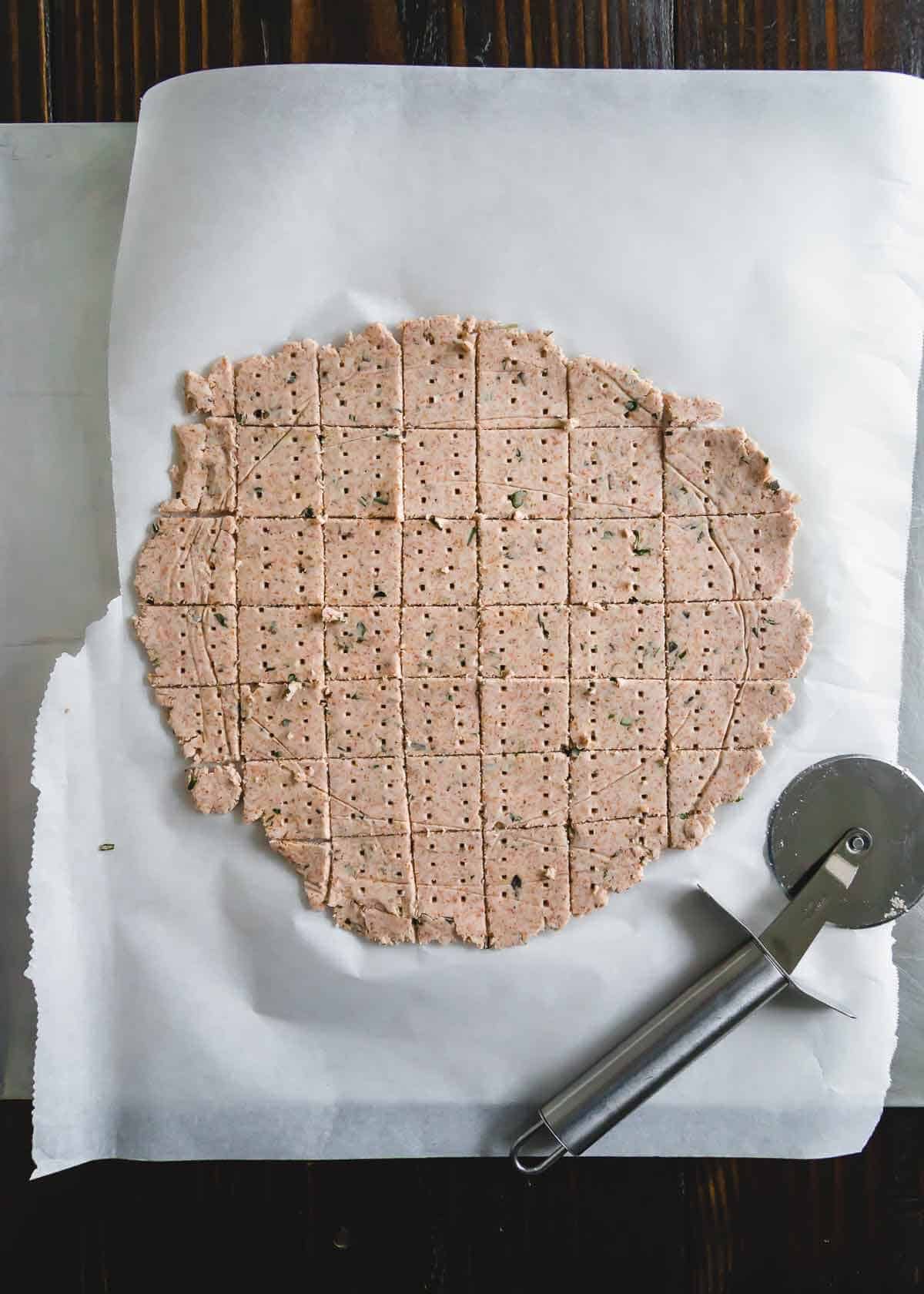
WHAT IS ALMOND PULP?
I’m sure if you’ve stumbled upon this article, you’re already familiar with almond pulp but, just in case you’re new to the nut milk making process, here’s a quick run down.
To make almond milk, the basic steps are as follows:
- Soak 1 cup of almonds overnight
- Drain and rinse the almonds then add to a blender with 4-6 cups of clean filtered water
- Blend almonds and water for 1-2 minutes
- Strain the mixture through a nut milk bag or cheesecloth (having used both, the nut milk bag is so much easier!) over a large bowl
Once you’ve done that, the almond milk will have separated into the bowl (to flavor however you want or just enjoy plain) and the almond pulp will be left in the nut milk bag or cheesecloth.
I try to my best to squeeze as much liquid out of the pulp as I possibly can in this process so the resulting almond pulp while still very moist, is relatively “dry”.
The next step to store the almond pulp is to transfer it from the nut milk bag to an air-tight glass container or jar and store it in the refrigerator.
HOW LONG CAN YOU STORE ALMOND PULP?
Freshly squeezed almond pulp will last about 5-7 days in the refrigerator.
I’ve gone longer than that, but things can start to go funky after about a week given the moisture content of the almond pulp.
With the suggestions and almond pulp recipes below, you should have no problem using the leftover almond pulp within a week!
If you do have trouble using it up in that timeframe, you can always freeze almond pulp as well.
I like to use ice cube trays to do this for nice little pre-portioned cubes of almond pulp to use when needed.
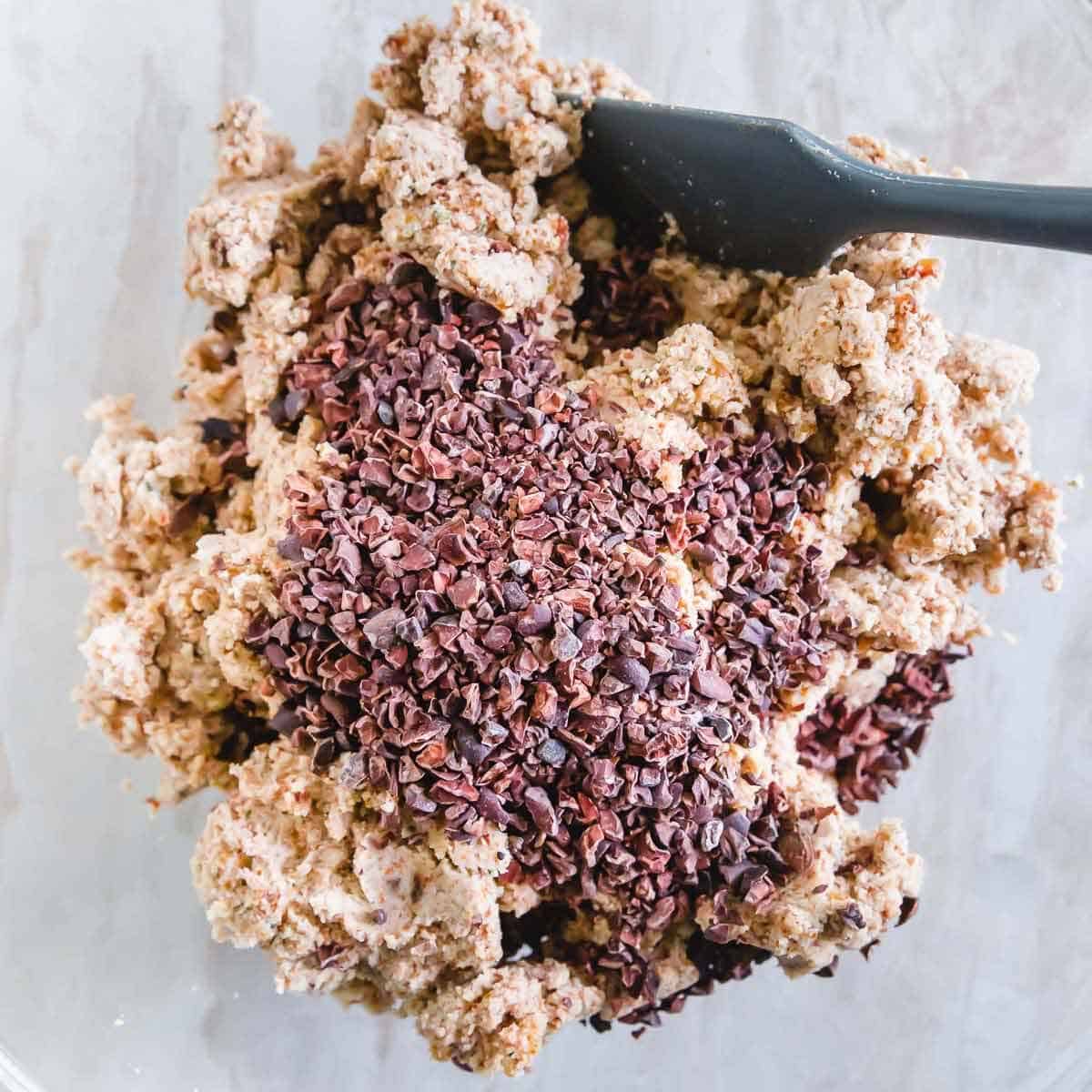
WHAT TO DO WITH ALMOND PULP
Once you’ve separated the pulp from the milk, there are two main ways you can choose to use your almond pulp:
- Use it in one of the many almond pulp recipes below
- Make almond meal out of it
Since there are plenty of almond pulp recipes in this post, let’s quickly touch on making almond meal first.
HOW TO MAKE ALMOND MEAL FROM LEFTOVER ALMOND PULP
To make almond meal with your leftover almond pulp, preheat your oven to 200°F and line a large baking sheet with parchment paper.
This is the best baking pan I've tried. It's heavy duty, disperses heat evenly, a breeze to clean and holds up for years. This will not warp in the oven!
Spread the almond pulp out onto the parchment paper in as even a layer as possible.
Bake for about 2 hours, stirring every 20-30 minutes as it bakes. The end result should be dried almond pulp but not golden brown or toasted looking.
Keep an eye on it towards the end as baking times can vary oven to oven by as much as 20 minutes.
Let the baked almond pulp dry completely (for at least a few hours) then add to a blender or food processor.
Blend or process until a fine flour results. It should only take about 10-20 seconds for this consistency.
Do not over blend or it’ll start clumping up as if it was about to become almond butter!
I love some homemade almond butter (like maple cinnamon almond butter) but that’s not what we’re going for here.
To store the almond meal you’ve just made, transfer to a jar or air-tight container and keep for up to 1 month unrefrigerated.
If you used 1 cup of almonds to make your almond milk, you’ll get about 2/3 to 3/4 cup of almond pulp and then almond meal. The perfect amount to use in one of your favorite baked goods or other recipes!
Some of my favorite recipes that use almond meal are:
Baked almond apple crisp rings (these are so fun!)
Peanut butter chocolate chip no-bake balls
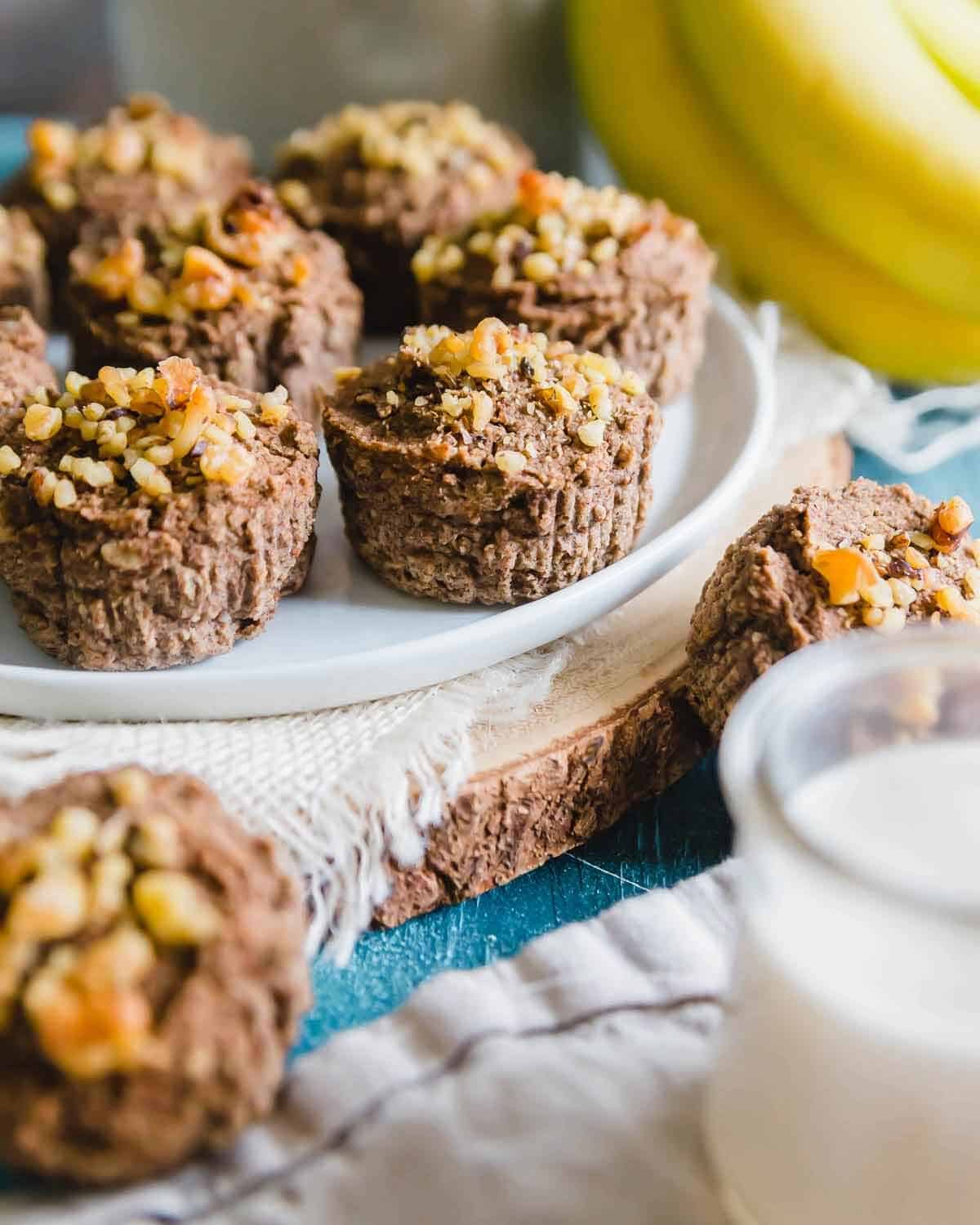
OTHER WAYS TO USE ALMOND PULP
While we’re just about to get into the actual almond pulp recipes, there are also a handful of ways I enjoy using my leftover almond pulp that aren’t quite “recipes” as much as just general quick uses.
- Add almond pulp to smoothies – a few tablespoons or 1/4 cup of almond pulp is a great way to add fats and fiber to any smoothie recipe. Try it in this spirulina smoothie or my guava smoothie recipe.
- Add almond pulp to oatmeal – the same amount of almond pulp can be added to your morning bowl of oats for the same benefits. I also love what it does to the texture of stove-top oatmeal – it really lightens up the texture and makes it so fluffy! Try almond pulp in this apple cinnamon oatmeal.
- Stir into a yogurt bowl – a generous spoonful of almond pulp in your favorite yogurt bowl (plant or dairy based) is again, another great way to boost fiber and fats. It’s an alternative to whole or chopped nuts as a topping. Try almond meal in my blueberry farro yogurt bowl.
- Use in healthy “bite” recipes – my healthy cookie dough bite recipe that explicitly calls for almond pulp is below but there are so many others like almond carrot bites or even my raw brownie bites where it can be used in place of almonds.
USING ALMOND PULP IN RECIPES
Below you’ll find an assortment of both sweet and savory recipes that all incorporate leftover almond pulp in them.
From almond pulp cookies to more unique uses like hummus and falafel, you’re sure to find some way to use up your leftover almond pulp!
I absolutely love making my own nut milk at home because it gives me the power to control the ingredients in the milk I drink.
When you make your own almond milk, there are no fillers, emulsifiers, added sugars (unless you choose to add them) and weird preservatives you can’t pronounce.
And now that you have all the information on how to use the resulting nut pulp, there’s no reason to not start making your own nut milk as well!

Oatmeal Chocolate Chip Cookies {GF/Vegan}

Almond Pulp Crackers

Banana Nut Almond Pulp Muffins

Healthy Cookie Dough Bites

Almond Pulp Cookies (Cranberry Orange Thumbprints)
MORE RECIPES THAT MIGHT INTEREST YOU:
Vanilla coconut oat milk
Simple homemade cashew milk
Apple cinnamon tea latte
Almond milk non-alcoholic egg nog
Gina Matsoukas is an AP syndicated writer. She is the founder, photographer and recipe developer of Running to the Kitchen — a food website focused on providing healthy, wholesome recipes using fresh and seasonal ingredients. Her work has been featured in numerous media outlets both digital and print, including MSN, Huffington post, Buzzfeed, Women’s Health and Food Network.
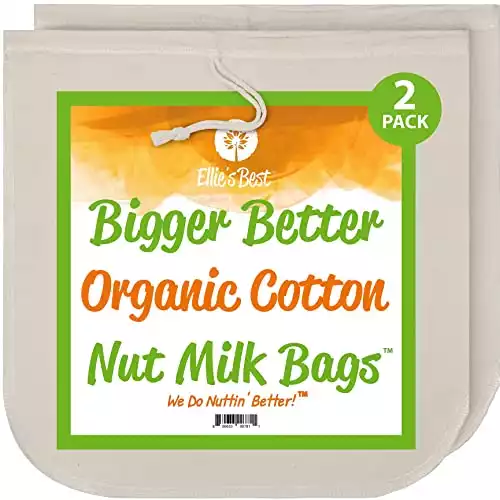
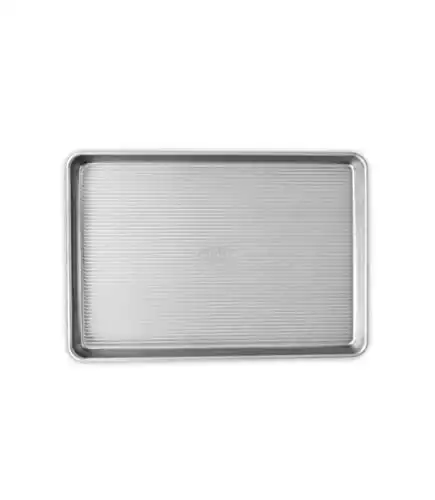
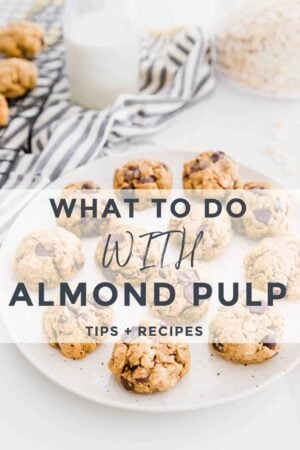

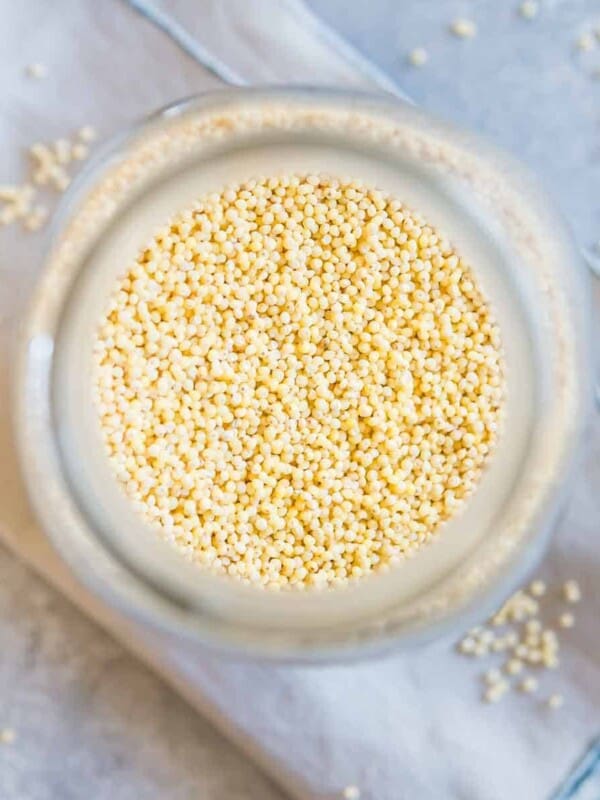
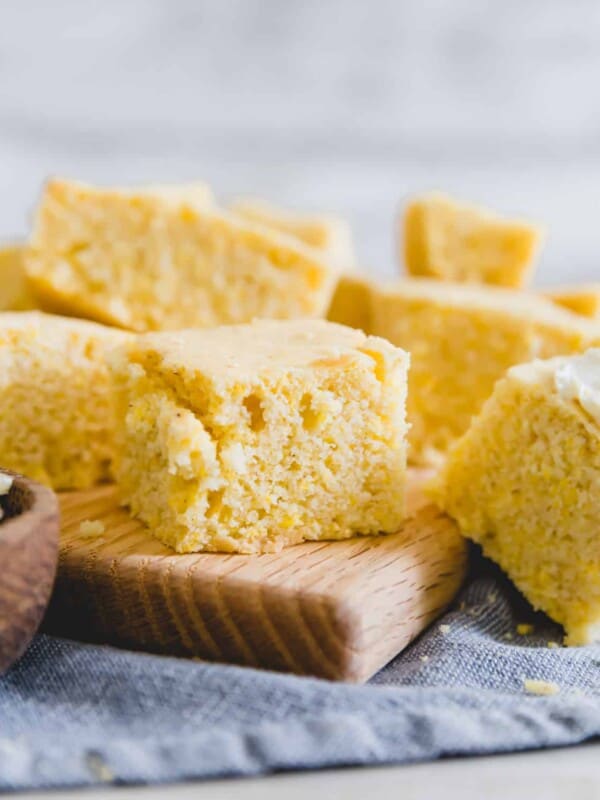
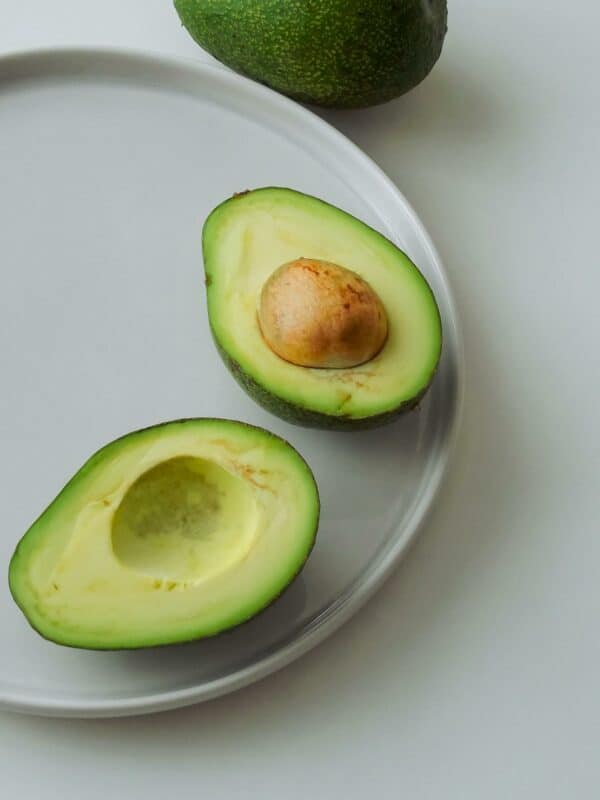





This is awesome!! These are great use for almond pulp! Thanks for sharing!
This post is definitely a keeper. I didn’t know I can use the almond pulp for making cookies, and granola, … and hummus! OMG, such a surprise. Thanks for this!
I’ve never made my own nut milk but now I want to have a go, just so I can try some of these wonderful sounding recipes with the pulp! Thanks for all this helpful information.
What a wonderful way to use up almond pulp I am sure this would be a favorite as we love that flavor almond in just about anything!
It was excellent in our oatmeal this morning. Plan on trying a few of the other recipes too. Thanks for this!